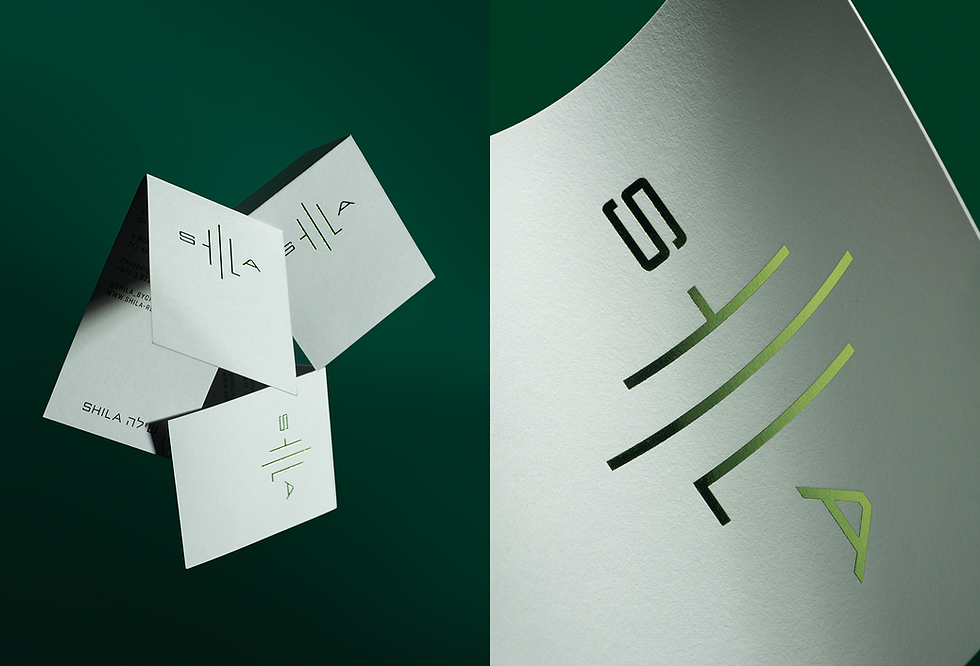- Shelly Peleg
- Mar 2, 2023
- 4 min read
Updated: Mar 6, 2023
Money makes the world go round, right?
While money and our relationship with it is a topic that affects people from all walks of life, it can be particularly a challenging subject to discuss with those in creative fields. Asking for a raise or pricing a project can be hard no matter what your profession is, but there is something intrinsically challenging when you’re trying to make money off of your art and talent. Maybe it’s the fact that so many feel uncomfortable assigning a number to their creativity, or maybe it’s because there’s so little monetary transparency in our industry. Whatever the reason, we need to break this cycle and get used to opening up about money. After all, this has a huge impact not only on your career trajectory but on your life and overall well-being.
Whether you’re just starting out and trying to work out an entry-level salary, negotiating a raise for your next position, or a longtime freelancer struggling to assess your value, here are some helpful tips and notes on how to approach money in a creative career:
1. Talking about money isn’t rude
One of the first things we need to get out of our system is the idea that discussing money is impolite. What might be true in a personal setting—maybe don’t go asking someone how much they make on your first date—it’s the opposite when it comes to business. Delaying having the “money conversation” until the last possible moment is just bad business. In fact, bringing up the subject early on when discussing a new project is a sign of professionalism, not rudeness, and is actually an essential part of the process. More often than not, it’s your own ideas about what’s appropriate or not that can become your own self-imposed barrier to having that conversation when really, it’s completely acceptable.
2. Your paycheck doesn’t reflect your self-worth
This one is easy to say but harder to accept, but it’s one of the most important lessons you can learn. We live in a culture that continuously pressures us into comparison, jealousy, and a constant sense of FOMO and low self-esteem. So lets at least keep our income outside of the equation and not add fire to the flame. What you make should never be used to determine your worth—to you or anyone else.
We’re not saying you should just give in and settle for low-paying jobs, but there will always be times in our lives when we don’t make as much as we want or think we deserve. Sometimes you have to accept when the stars just don’t align. Just know that it’s likely only a bump in the road and don’t let it affect your confidence or feelings of self-worth.
3. Design equals value (and value equals money)
You may find yourself in challenging situations with clients or employers who just don’t get why design costs so much, and it isn’t always easy to defend the value of your work when creativity is hard to quantify. Of course, we as creatives know the power and value of great design, but it’s often difficult to explain to others. Here, it’s important to leverage the support of the creative community—we’re all in this together. And with each personal win, each time you’re able to successfully convey the value of your work, the entire creative community benefits.
Your work brings value to the company, product, or client and negotiations should not only focus on price, but also on explaining your capabilities and making the other side feel valued and appreciated. By doing so, you can better demonstrate the depth of your work and the importance of design.
4. Sharing is caring
It’s a common practice for creatives to avoid discussing their earnings and fees because of the self-imposed taboo surrounding money. However, this lack of transparency only serves to benefit employers and clients, not us, the creatives who actually do the work. By openly discussing money with our peers and colleagues, creatives will be better equipped to handle financial matters in the future. This will also help address systemic pay gaps, as it’s easier to take advantage of people when there’s no frame of reference. Knowledge is power, so it's important to educate yourself and feel confident in talking about money with friends and peers. You may empower others to take action and, at the same time, boost your own money confidence.
5. Know your bottom line
The most important thing to know about money is it pays our bills! We strive to earn so we can support the lifestyle we want to live. To do this, you must get to know your bottom line—you must understand your cost of living and determine how much you need to make ends meet. Keeping that figure in mind will make it much easier for you to ask to be fairly compensated and help you to avoid taking on projects that, while sounding good on paper, may not be paid enough to support your needs.
While your creativity may bring joy and fulfillment, it's important to remember that it's also your job that should provide for your basic needs like food and housing.



